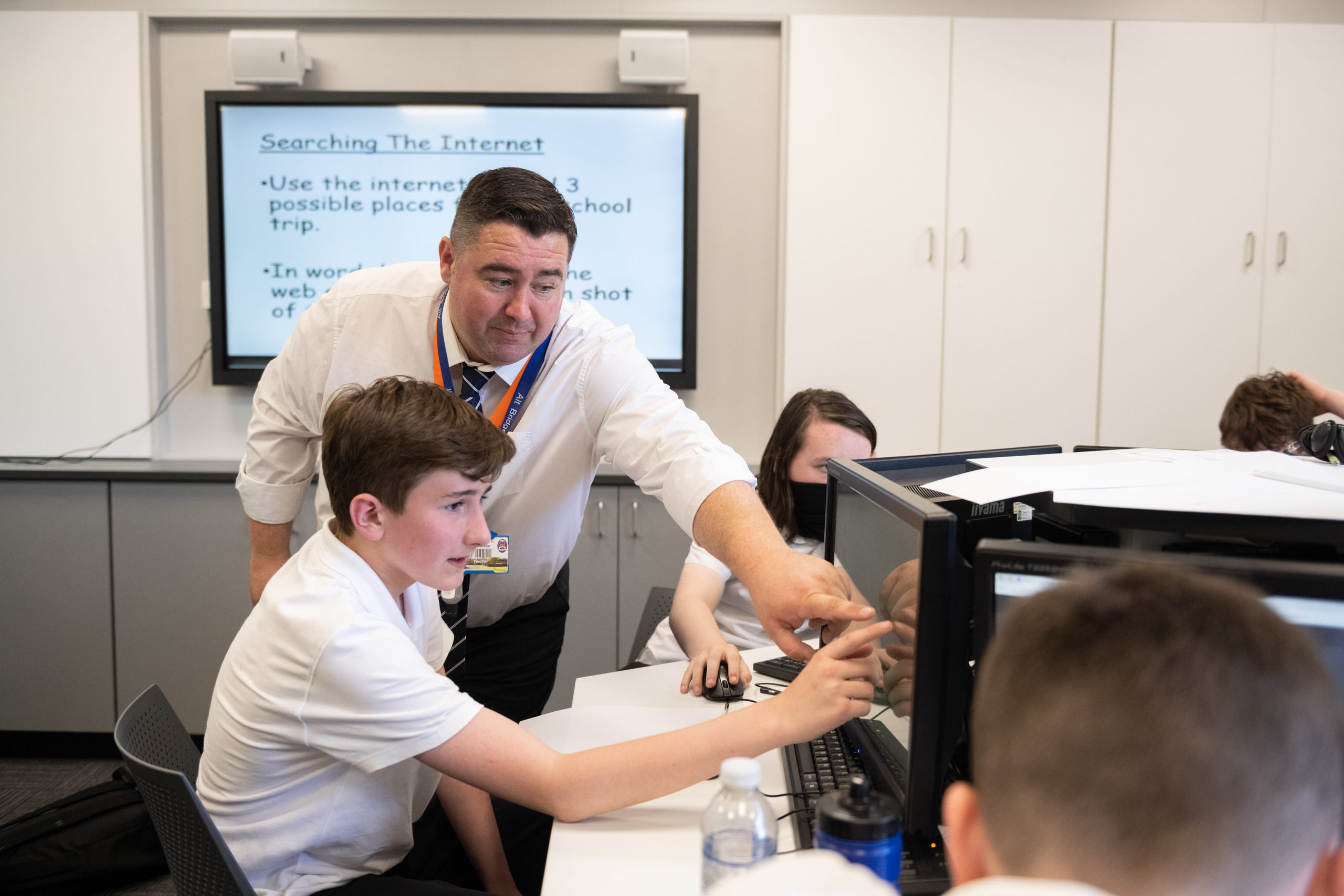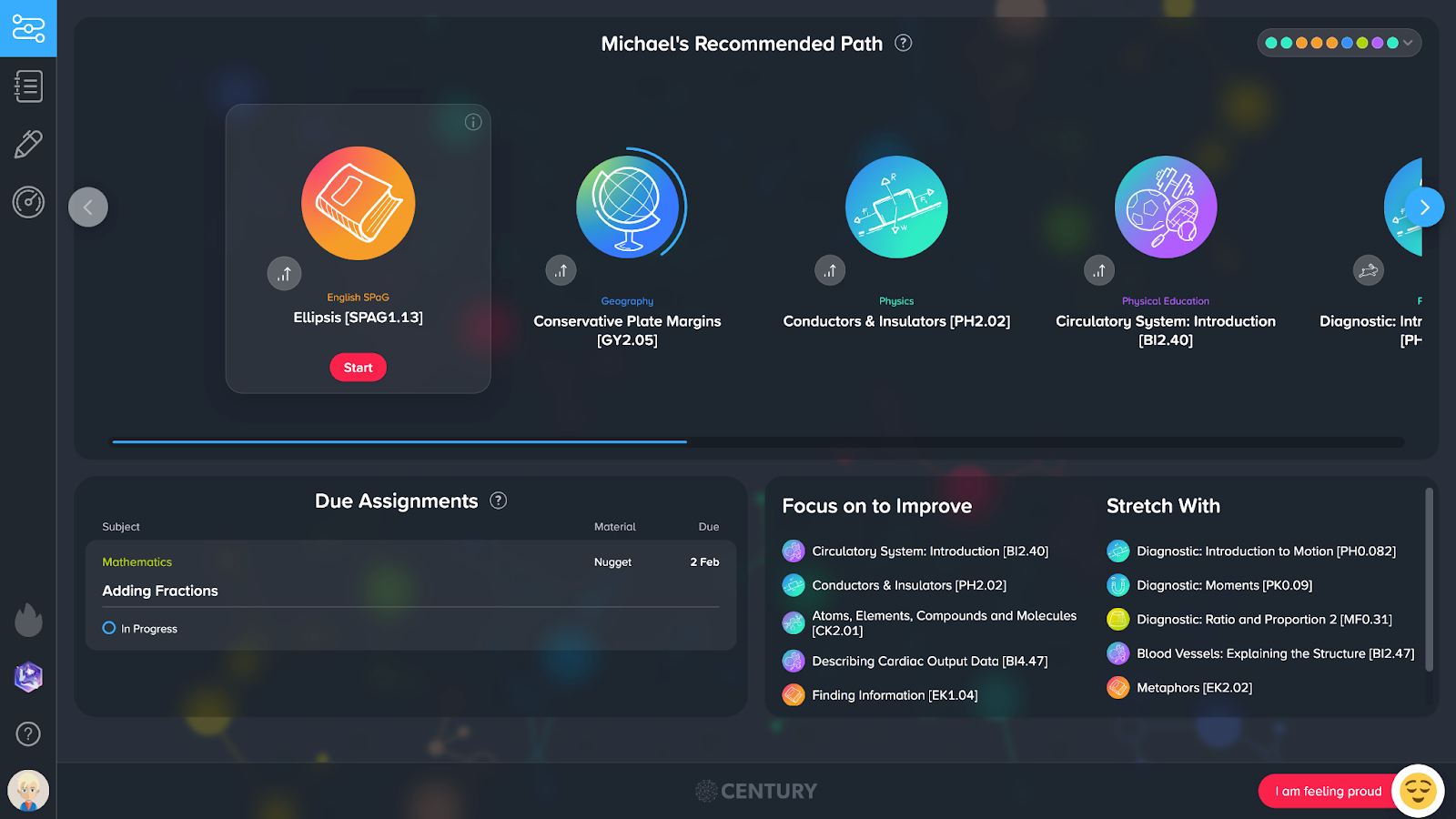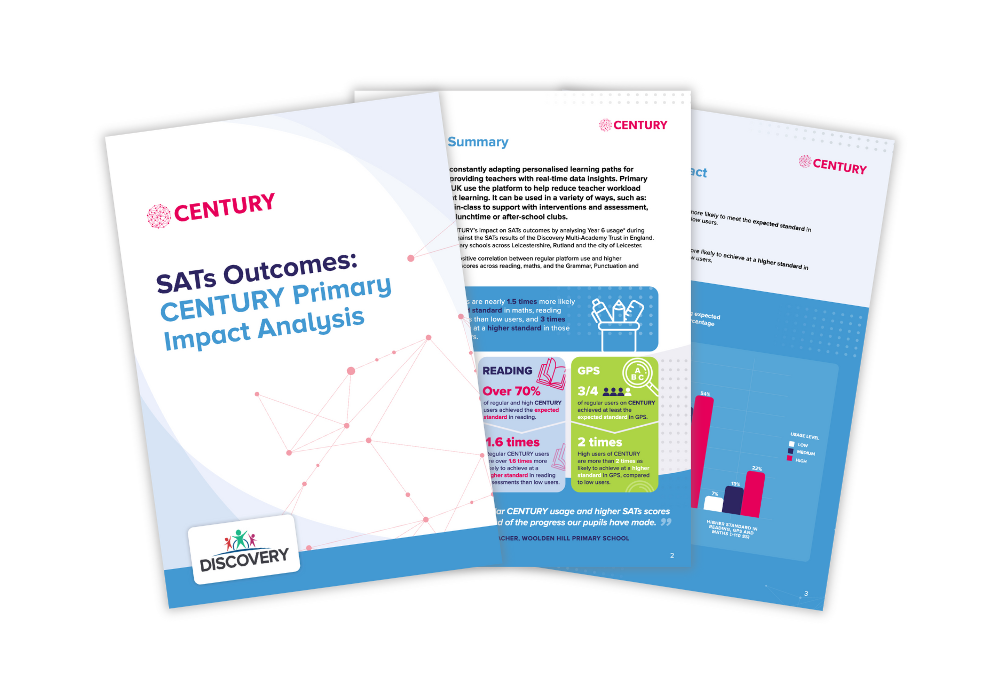Alt Bridge School is a specialist provision school in Liverpool that has been using CENTURY since 2019 to help its students reach their academic potential and prepare for life after school. In this blog post, the school’s remote learning co-ordinator Gary Reddin explains how his school is using technology to help students and staff overcome ongoing disruption to learning.
At the start of the pandemic two years ago, our main aim was to move lessons online using technology. While it was a challenging time, this transition was made possible by the fact that we had already embedded useful edtech tools into the teaching and learning approach at Alt Bridge, and staff and students alike were all in the same boat.
Everyone was at home, and all teaching had to take place online. This academic year, with school open but disruption ongoing, not everyone’s needs are the same, and we have had to adjust our use of technology to help mitigate these new challenges.
With teachers and students having to isolate at the drop of a hat, we need to make sure we have the right wraparound solutions in place. As teachers, we need technology that we can use to support the children sitting in front of us, and those who are home because of anxiety, and those who are isolating, and teachers who have to isolate. CENTURY does all of this for us.
COVID is not going to disappear in the next 12 months, but I believe that the edtech tools we have implemented and the strategy we have used to embed them into our classroom and home learning will ensure staff and students are supported throughout any future challenges and uncertainty.
Overcoming current barriers to learning
While technology will never replace teachers, it has allowed us to minimise the impact of teachers having to isolate at a moment’s notice.
We have had staff come in to school one morning, done a lateral flow test, tested positive and then had to go home immediately. So they could be in and well on a Monday, but by Tuesday, have to isolate for five days.
This sudden change can have a really jarring effect on some of our pupils, particularly those with an Autistic Spectrum Condition, who struggle to manage unfamiliar situations. We have been using CENTURY consistently since 2019 though, and students are now very confident using it. Because of this, we can use it as a tool to keep learning flowing when a teacher has had to isolate, which works really well. And students know, ‘okay, I’m still going to work on my maths lesson, just this time it’s on CENTURY’.
Their teacher can either set them work remotely, or they can work through their personal recommended pathway, which the AI on CENTURY generates for them. Staff can see exactly what the students have completed, what their scores are and how long they are spending on each topic. This ensures that there will always be high-quality work of the right level and on the right topics for them to complete.
CENTURY has massively helped students to work independently, and we have found that our students like being able to do so - to work at their own pace, to go back to the video and rewind, just being able to work in their own little bubble. They also like the immediacy of the feedback and always being able to see how well they’re doing on their own.
Equally, it’s been a really helpful tool for students who have had to isolate themselves.
The teachers can easily track how much progress a student is making, and we are able to see in detail what they’re doing on the platform at any one time, not just that they’re logging in – for example, if a student is logged in to CENTURY for five hours but has only answered one question, we can quickly intervene.
Being able to set nuggets for students who are isolating and asking them to spend a set amount of time on CENTURY is particularly helpful. The added bonus is that when Ofsted come and say ‘okay, this student is isolating, how have you tracked what work they’re doing,’ it’s so easy to provide that evidence. I can simply go onto my Teacher Dashboard, click into my Functional Skills Entry Level 1 course, click on the student’s name and there it is: an overview of what the student has been doing, complete with their scores, time spent on each micro-lesson and so on.
Keeping students engaged with technology
The key lesson we’ve learned about keeping engagement high is not to make edtech a novelty. It needs to be embedded properly and consistently in lesson plans; try to say ‘okay, every week on this day, during this lesson, we’re doing CENTURY’ so that students recognise it as a normal part of their timetable. To do that successfully, you need to really invest time into making sure both staff and students know exactly how to use it.
If it’s not crystal clear to everyone, they won’t keep coming back to it. But once you’ve put the initial work in and the training wheels are off, you really see students spending the hours and using it on their own.
Using data from CENTURY to incentivise our students has also worked really well. For example, we have a league table, where we highlight the top students in each year group each week. At the end of each half term, each group leader then receives a prize. This has worked really well for us. The children are competitive and they really want to be in the top five - we call them our CENTURY stars.
Looking forward
In my view, blended learning is not going to go away anytime soon. I suspect we’ll be sitting here in 2023, still saying ‘I'm using CENTURY to support our learners who are working from home because they’re isolating’. Fortunately, it’s not too late to put the right technology in place to help overcome some of these challenges. I know schools often have limited resources to work with - but I can say that in my case, the investment has been really worth it, especially when you see the impact it has had for teachers like me and our students.
Book a demo to find out more about how CENTURY can help to enhance the teaching and learning at your school or college.



